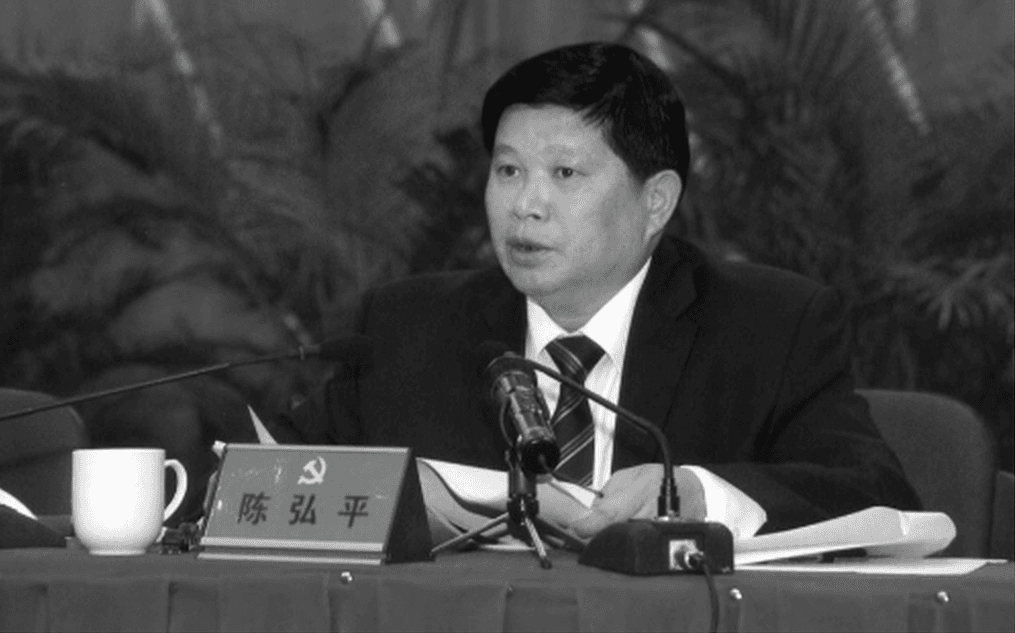Obsessed with the perfect grave, an official in southern China embezzled millions to construct a luxurious tomb in accordance with the principles of feng shui.
Chen Hongping, formerly the municipal Party secretary of Jieyang in Guangdong Province, was tried on April 21 for accepting the “unprecedented” sum of over 125 million yuan (about $20 million) in bribes, embezzling public funds, and abuse of power between 2004 and 2011, according to a report by the state-run news agency Xinhua.
The court indictment said that Chen was setting aside extensive family burial grounds for himself in a Jieyang suburb in 2010. Claiming that he would fix roads and build a dam in the area, Chen embezzled three and a half million yuan (about $565,000) for the personal project.
Feng shui, known also as geomancy, is a traditional Chinese philosophical practice associated with the harmonious and auspicious placement of objects such as buildings and foliage in their larger environment. Though suppressed as “superstition” during the 10-year Cultural Revolution (1966–1976), it has made a resurgence in modern Chinese society.




